George Washington Speaks at Colonial Williamsburg
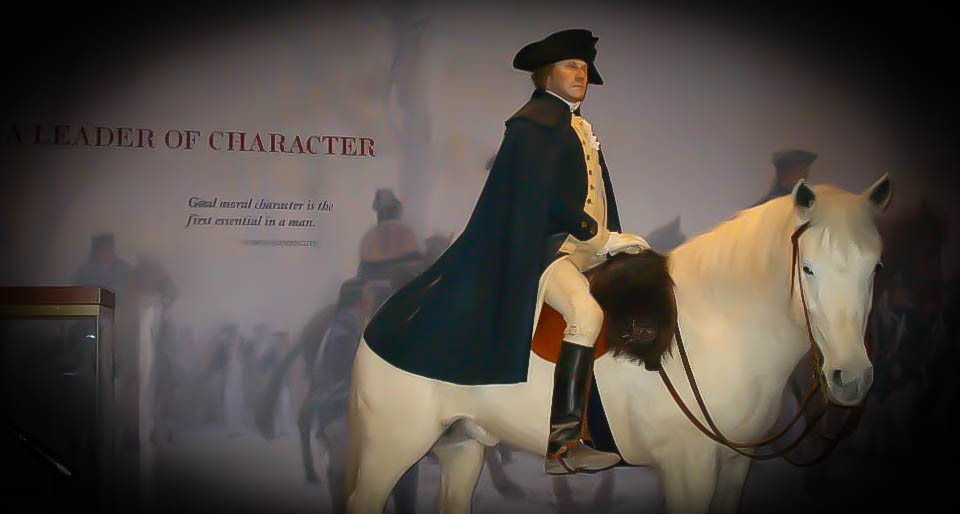
In 1767, the British Parliament adopted a plan offered by Charles Townshend, chancellor of the exchequer, to levy import duties on a range of items used in the American colonies, including paper, lead, glass, dyes, and tea.
The colonists were outraged—and not over the financial cost. The true issue was the moral question of whether or not Britain had the right to tax the colonists without their consent. The colonists’ answer was a resounding No.
Full enforcement of the duties was impossible. By early 1769, merchants in every colony were refusing to import British goods. Many products, tea in particular, were being smuggled in from other countries.
The British were in a quandary. The colonial boycott reduced exports to America by nearly ₤1,000,000 from 1768 to 1769, but to repeal the duties would mean backing down. Finally, in 1770, Parliament tried a compromise: They repealed most of the Townshend taxes, but retained the tax on tea.
The smuggling of that product continued, mostly from Holland. By 1773, 15-20 million pounds of unsold tea languished in British warehouses. British prime minister Lord North decided to reduce – but not repeal — the tea tax, thus underselling the Dutch tea, and export it to colonial merchants.
The gesture was more than insufficient; it was offensive. Because the colonists’ objection to the tea tax was moral, not financial, they saw the British tactic of underselling the smuggled tea as attempted bribery.
In this video from Colonial Williamsburg, Col. George Washington discusses the tea tax as a matter of principle.
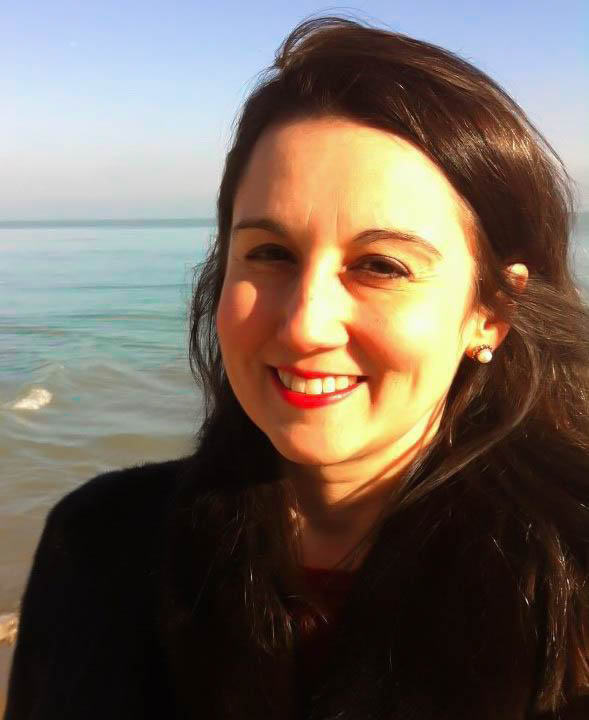
After my misspent youth as a wage worker, I’m having so much more fun as a blogger, helping other discerning travellers plan fun and fascinating journeys. Read more …
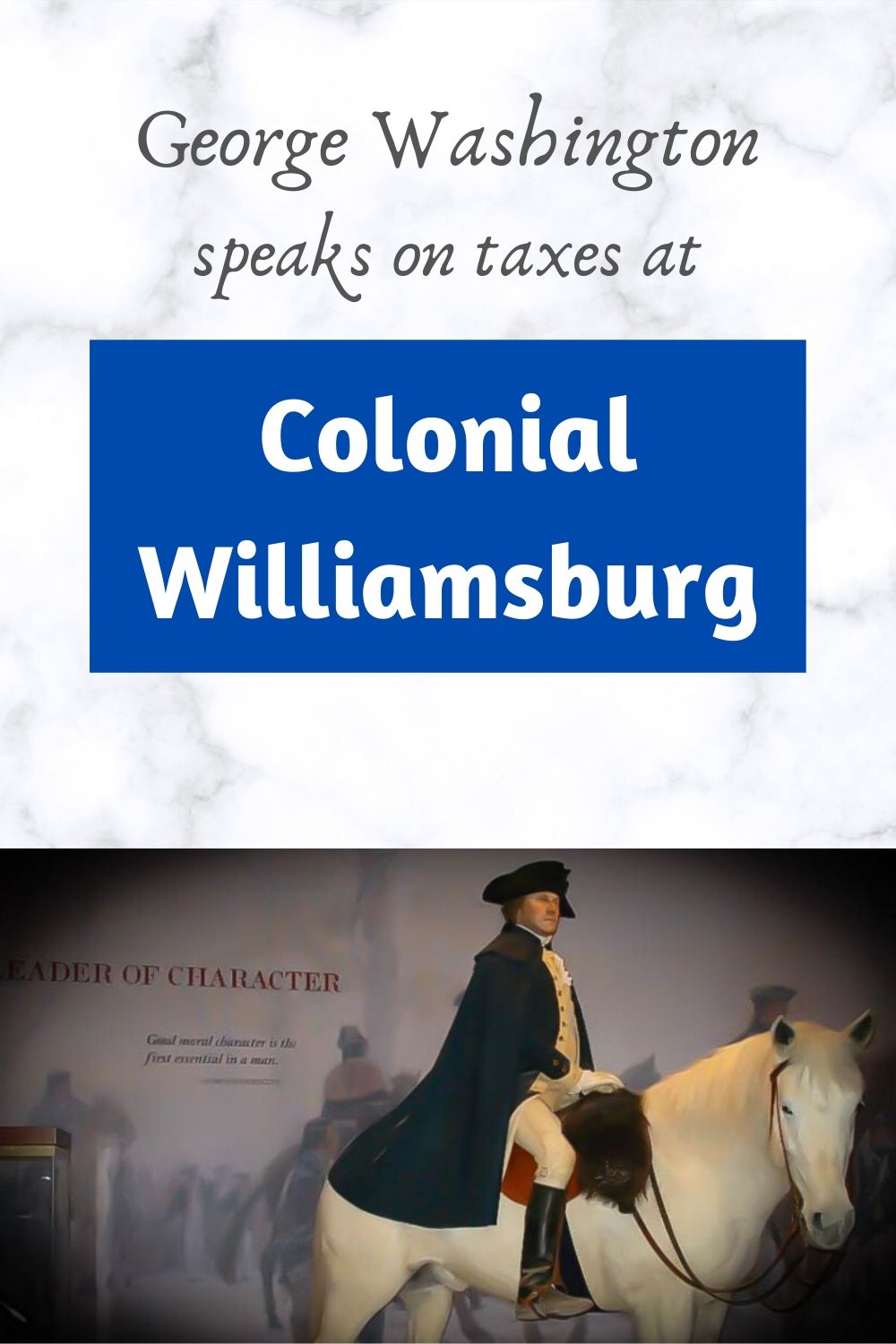
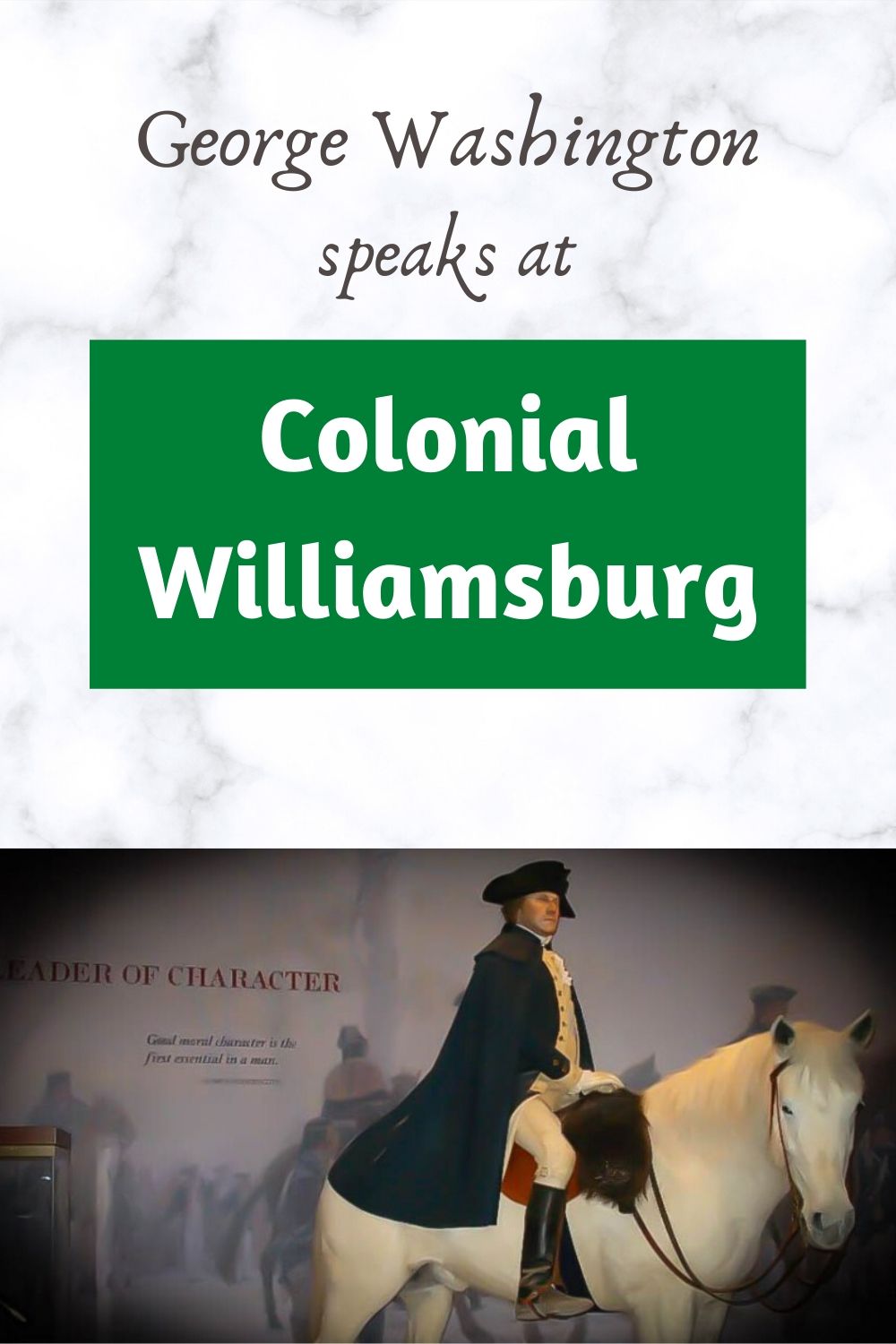
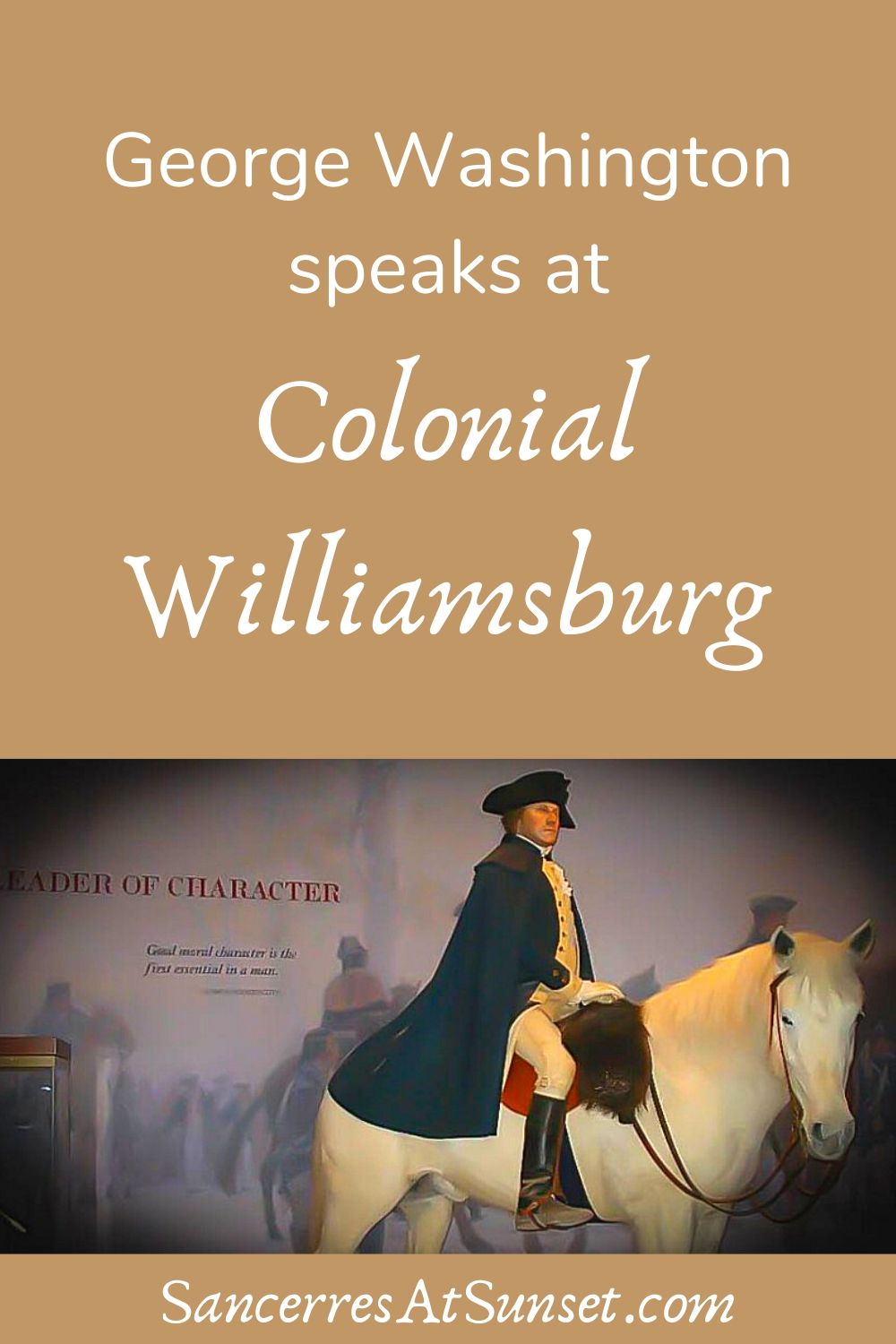
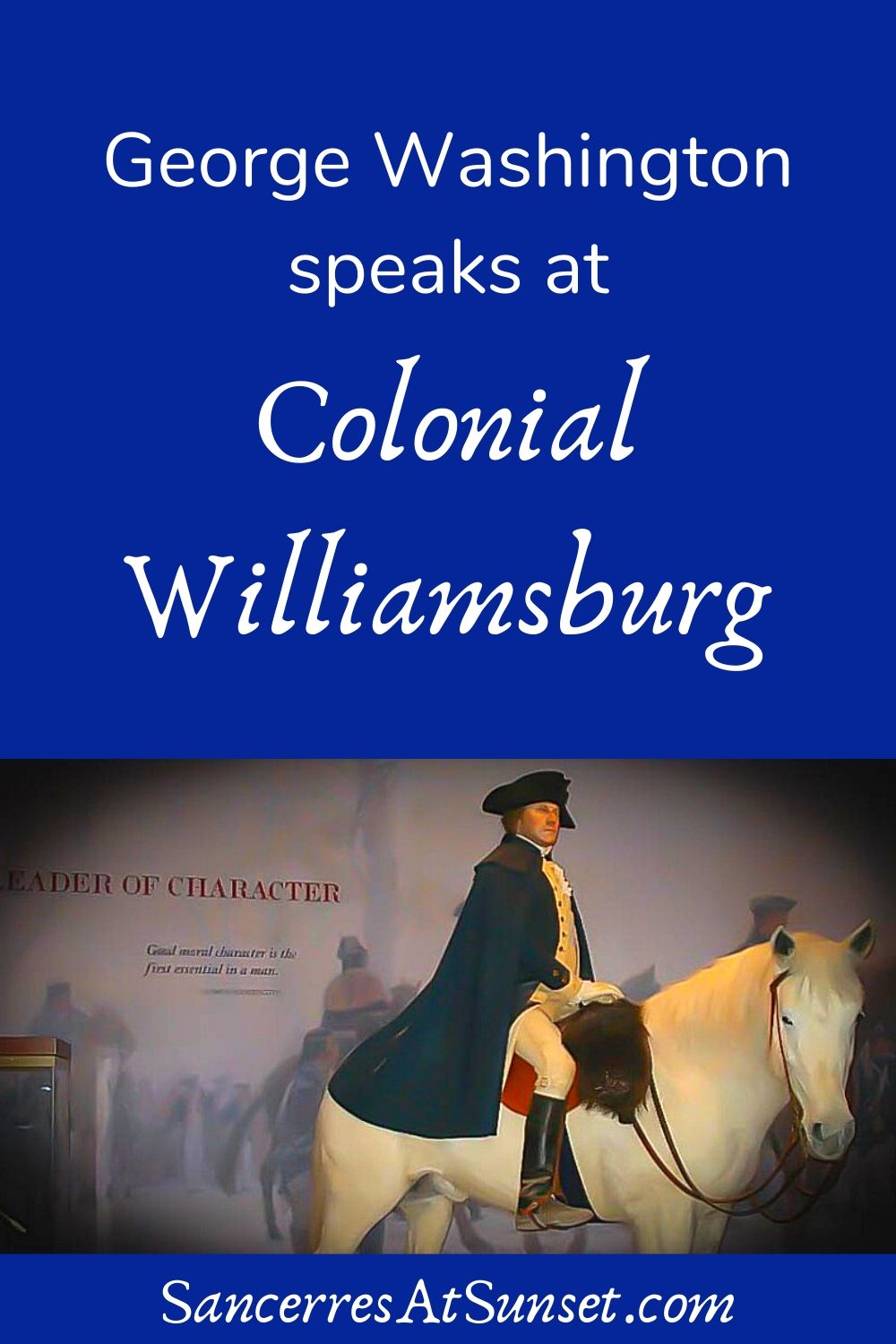

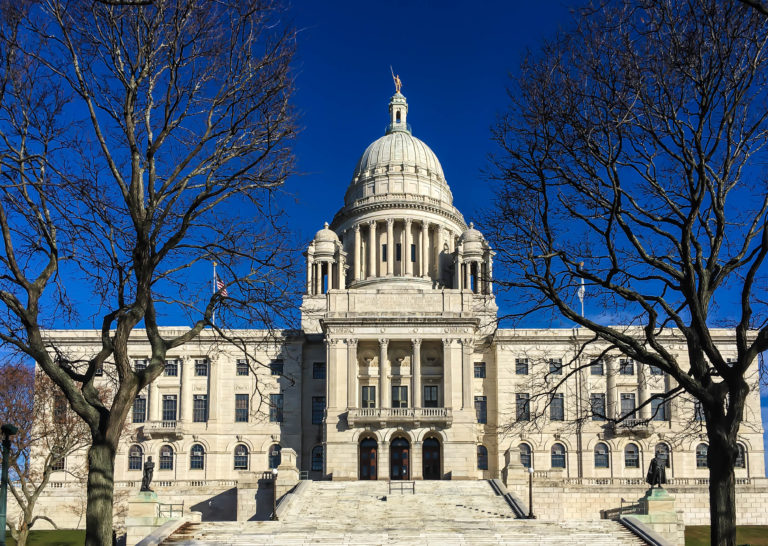
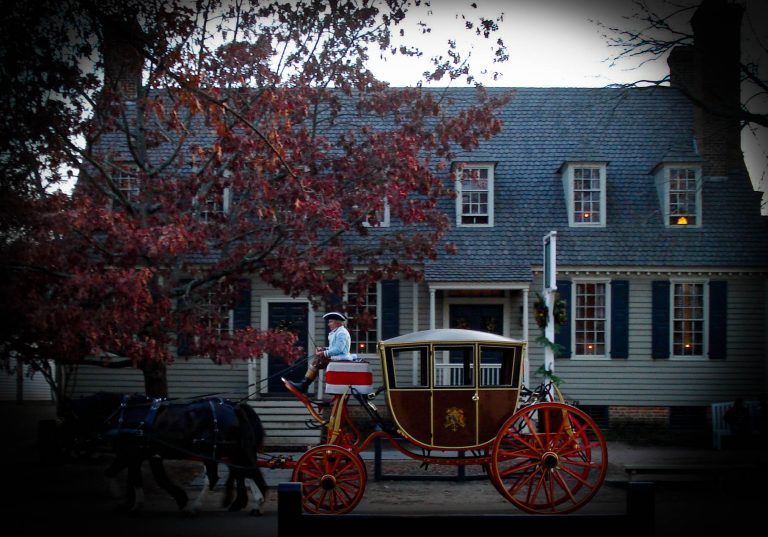
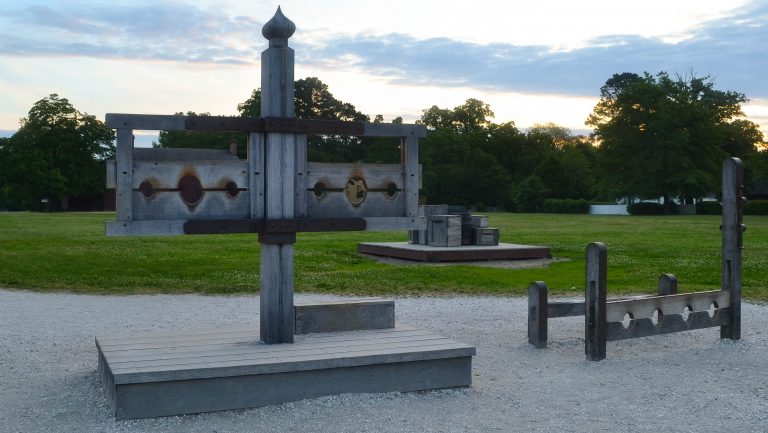
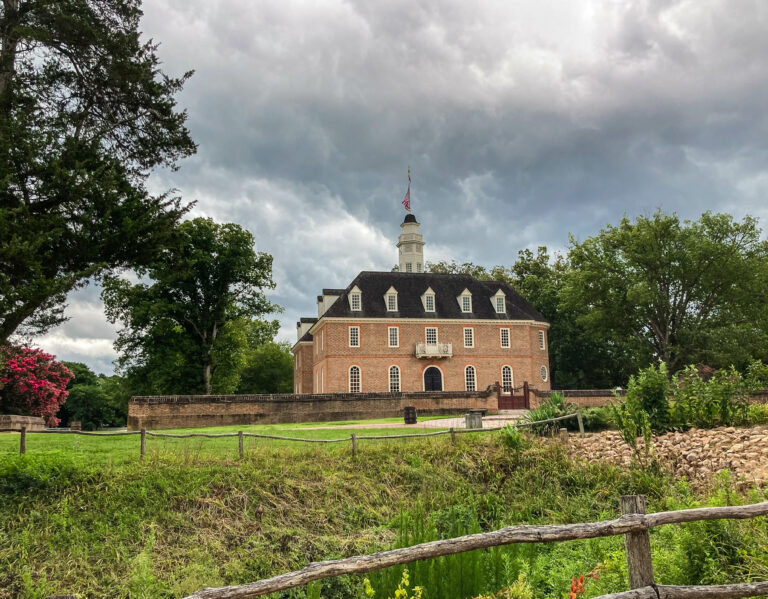
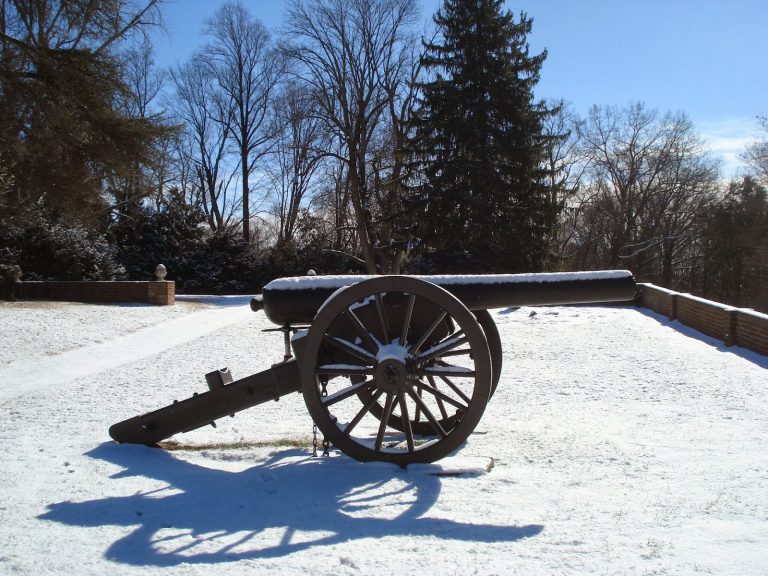
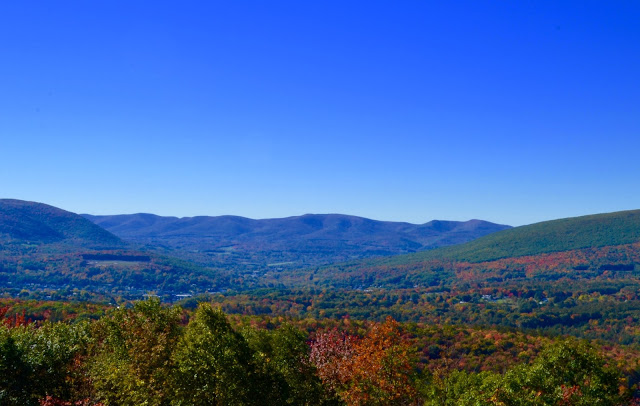
One Comment